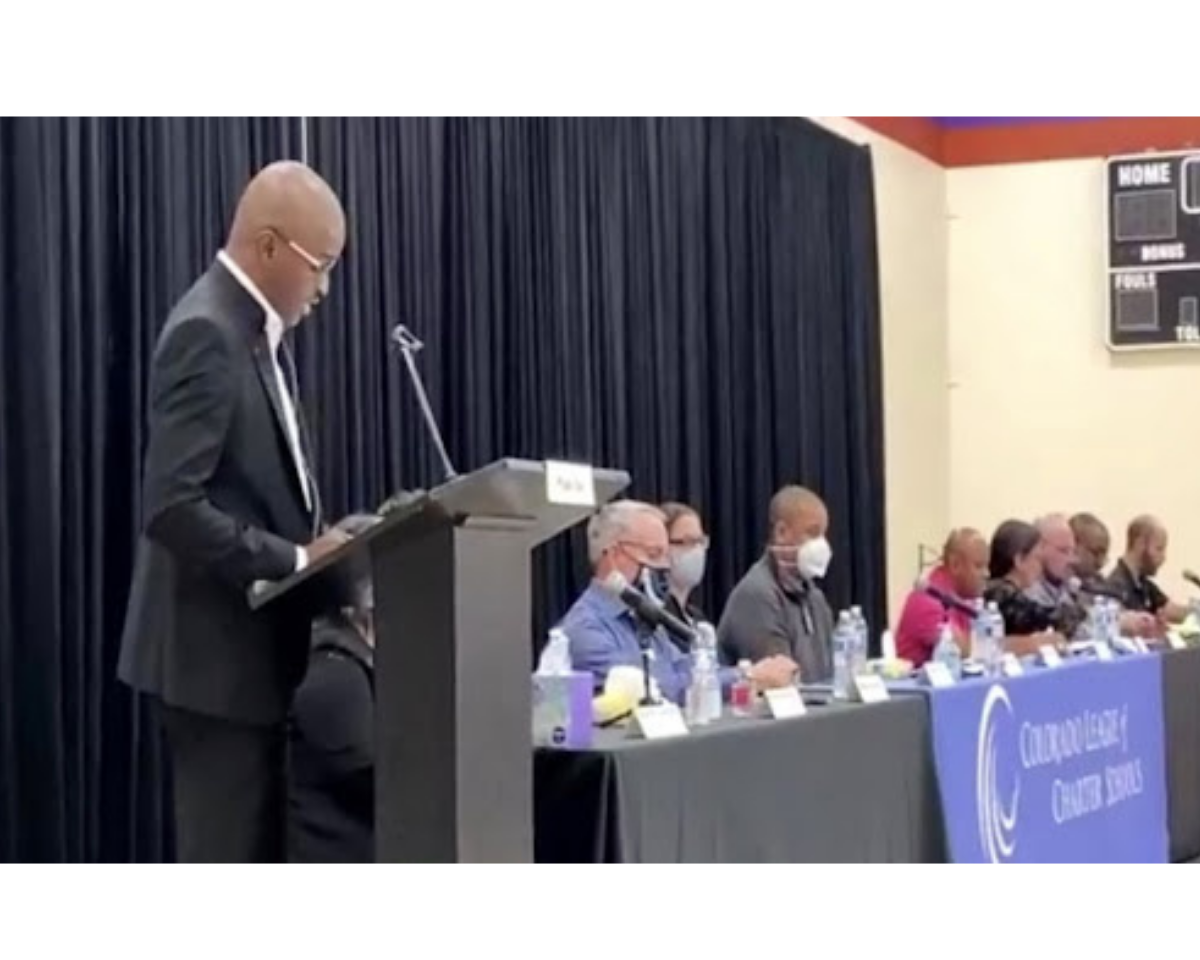Editor’s note: This article was written by T. Michael Boddie, the community reporter for Boardhawk, a website that provides news and commentary on Denver Public Schools and statewide education issues.
More than 200 people tuned in on Tuesday night to hear a conversation between the Colorado League of Charter Schools, the Aurora-based African Leadership Group, community members and 11 candidates for the Denver Public Schools board of education.
The two advocacy groups hosted the forum at the Girls Athletic Leadership School, a charter school in Denver’s Lincoln Park neighborhood. Seventy people attended in person, and about 150 tuned in virtually.
Because the charter league advocates for public charter schools in Colorado and the leadership group works to assist African immigrant communities in the Denver area, questions asked to the school board candidates focused on school choice — giving parents the power to choose the kind of school their student attends.
Both Southwest (District 2) candidates, Xochitl “Sochi” Gaytan and Karlolina Villagrana, attended the forum, along with all five at-large candidates: Marla Benavides, Scott Esserman, Vernon Jones, Jr., Jane Shirley and Nicky Yollick. Central Denver (District 3) candidate Mike DeGuire also attended in person, as well as Northeast Denver (District 4) candidates Gene Fashaw, Jose Silva and Michelle Quattlebaum.
The only candidates not to make an appearance were Northeast Denver candidate Andrea Mosby and current board president and Central Denver candidate Carrie Olson. A supporter, Kristen Seidel, sat in for Olson.
Toni Sales Alvarado, a Northeast Denver resident and parent of a STRIVE Prep charter schools student, cited home visits the school leaders conducted for her family as part of the reason she feels confident in them. She asked Southwest Denver candidates whether they would support charter schools like STRIVE Prep.
“I am the union-endorsed candidate, but that doesn’t necessarily mean I’m completely against schools like STRIVE when they are providing the quality education that we as parents are looking for,” said Gaytan, who has the backing of the Denver Classroom Teachers Association. “I’m always looking out for the families in my community, [and] if they are choosing to send their student to STRIVE, and STRIVE is what’s working for them, that’s wonderful. That’s what we want.”
Gaytan was co-founder in 2017 of Our Voices Our Schools, an advocacy group heavily funded by teachers unions and with a strong anti-charter stance. The organization in 2018 shared a Facebook post by its other cofounder calling out “corporate charter sharks” who “smell Black/Brown blood-money in the water.”
Villagrana said when she thinks about charter schools, she thinks more about whether they or traditional schools alike are instilling “passion” and a “love to learn” in students.
“This summer I had a chance to talk to a student who chose to go to the American Indian Academy because they wanted to learn Lakota, the language,” Villagrana said. “If that builds passion, and that builds excitement for learning, that’s what I’m about.”
Fashaw said he believes in charter schools in Denver, “as long as every school is meeting the needs of the diversity of students that exists in DPS.”
“Where we are disrupting the idea of ‘deficit thought’ where we look at students, whether it’s Black students, English language learners or students with disabilities,” Fashaw said, “and capitalize on the brilliance of every single child. As long as that’s happening in every single school, then our children will benefit.”
Papa Dia, founder and CEO of the African Leadership Group, said in an interview after the forum that he would also like to see schools conducting home visits.
“The reality [students] have at home is totally different from the reality they’re exposed to at school. We still have students that are not eating, we still have students that are homeless, and the teachers don’t know that,” Dia said. “So students that are facing issues at home, how do you expect them to perform at school?”
During the forum, Dia asked all the candidates a series of yes-or-no questions, requiring them to answer first by a show of hands — they would each have 60 seconds afterwards to explain.
Dia asked the candidates if they would introduce policies limiting parent choice when it comes to where their child attends school. Yollick was the only candidate to raise his hand.
The next question was whether the candidates believe school choice and charter schools have had a positive impact on education in Denver. Fashaw, Silva, Benavides and Jones all raised their hands. Then, when the candidates were all asked if they would put policies in place to stop or slow the development of new charter schools in Denver, Shirley was the only candidate to raise her hand.
Lastly, Dia asked the candidates if they believe the DPS board should “fairly and equitably include charter schools in the services, funding and facilities they provide all their schools.” Every candidate, except for Esserman, raised their hand.
“No question that there have been charters that have had tremendous positive impacts on communities,” said Esserman, adding that he has enrolled his child in a DSST charter school. “But I’ve also watched as charter schools that were serving the community were forced to close … so I can’t say there was an overwhelming positive impact.”
Seidel said she and Olson have discussed this topic often. “We need to quit pitting our communities against each other,” said Seidel, a mother of students who have attended both traditional and charter schools. “You can’t be for charters or against charters — Carrie is for DPS students and making sure we serve all 90,000 DPS no matter where their families choose to send them.”
After the event, though, Dia said it was still not clear to him which of the DPS board candidates would respond positively or negatively to his organization’s support for public charter schools.
“The teacher union has a lot of power, and a lot of people seem to rally behind the teacher union to get their voice heard, so it’s not obvious to me,” Dia said, suggesting that DCTA-backed candidates may feel less inclined to advocate for charter schools. But he said he can’t know for sure until after the election. The DCTA backs Quattlebaum, Gaytan, Olson, and Esserman.
In response to the suggestion that pro- or anti-charter rhetoric is divisive, Dia said the main idea for him is that whatever policies people support, they’ll have to go beyond simply voting and stay engaged with those who win their race.
“Electing people to the board — that’s not the only job,” Dia said, “but showing up to the school board meetings to make sure that we are holding them accountable to the thing that we’re wanting them to do.”
“I don’t take any candidate at face value during the campaign,” Dia said. “For me, after they get voted in, I will see if they are involved in the community, if they are reaching out, if they pick up the phone when you call them.”
Fashaw also said disrupting “deficit thinking” — viewing insufficient academic performance as a deficit rather than an opportunity for growth — should be a priority for the board, but also that starts with teachers.
“It’s a matter of holding everybody accountable — making sure the people in front of our kids are doing the work that’s necessary for our children to develop them into the amazing people that we all need them to be, and start disrupting some of the systems of oppression that exist,” Fashaw said. “And that starts in the classroom, regardless of if it’s a charter school, an innovation school or a traditional school.”


